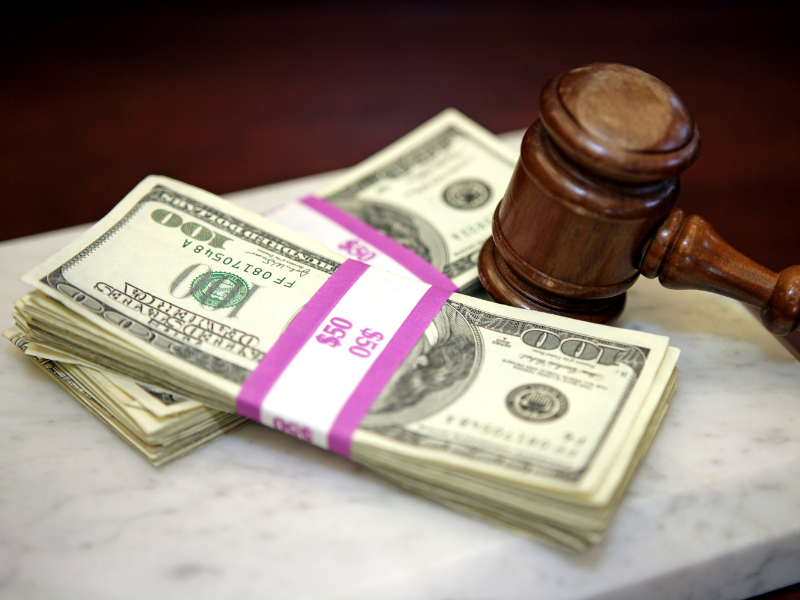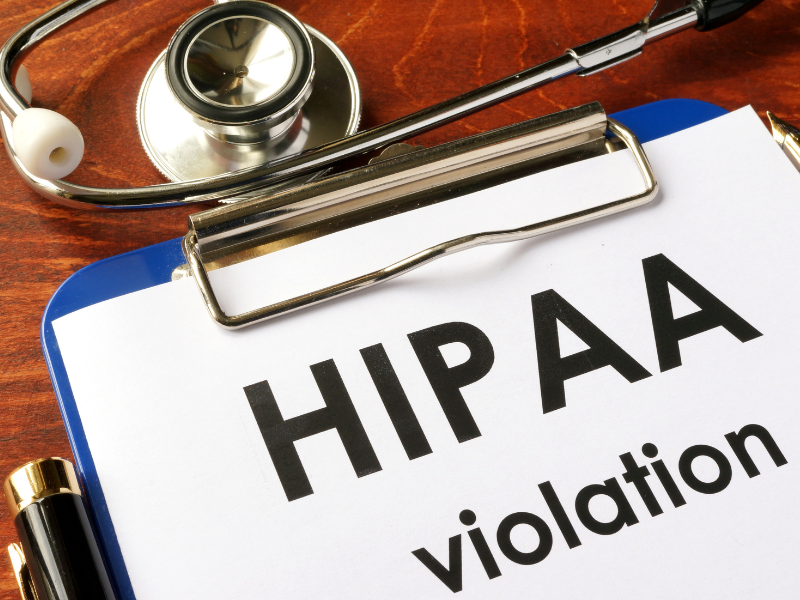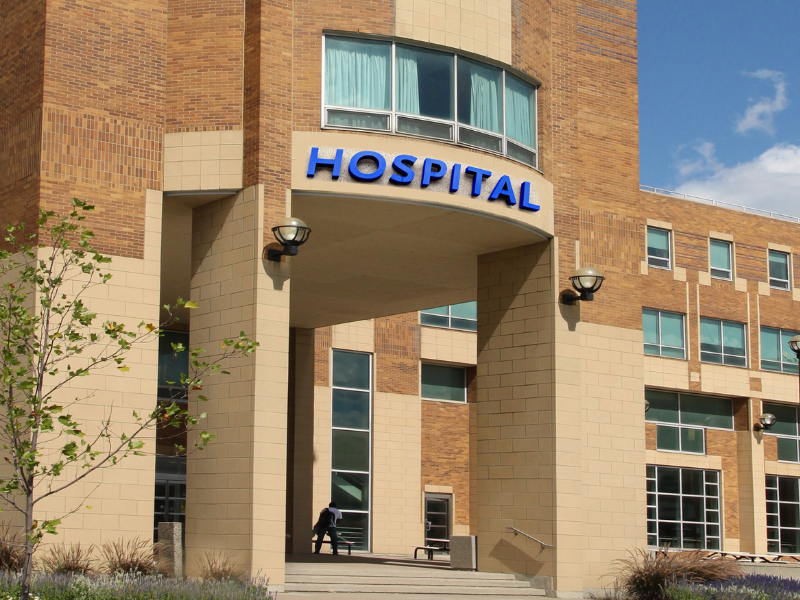Healthcare organizations can face harsh consequences when they fail to comply with HIPAA. In fact, the U.S. Department of Health and Human Services (HHS) Office for Civil Rights (OCR) recently investigated several HIPAA-related violations.
In some instances, an individual or entity under investigation may opt for a HIPAA violation settlement. Read on to learn more about this agreement and the investigation and resolution processes that go along with it.
Table of Contents

What Is a HIPAA Violation Settlement?
Organizations that fail to comply with HIPAA can face legal and financial penalties. A HIPAA violation settlement is a resolution agreement between the covered entity and the HHS’ OCR. Once signed, the organization or business associate must perform its obligations to resolve the violation. Additionally, they must pay the settlement amount, which generally varies depending on the violation’s severity, the extent of harm, and the organization’s compliance history.
Navigating the HIPAA Violation Investigation and Resolution Process
When the HHS’ OCR receives a HIPAA-related complaint, they will proceed to the investigation process. After a data breach, the OCR will conduct a HIPAA audit to check whether a cyberattack is involved, such as ransomware or malware infiltrations. They will also determine whether incidents involving data loss, theft, improper disposal of PHI, or employee snooping and negligence have occurred.
How does the investigation work?
Following a health information privacy and security complaint, the OCR will carefully review the allegation and decide on a corrective action plan. Under federal law, the Office for Civil Rights will take action on complaints if a covered entity or business associate violated a HIPAA rule. The complaint will only be valid within 180 days of the violation.
What happens after the investigation?
After the investigation, the OCR will issue a resolution letter which will then be forwarded to the covered entity or business associate. If the OCR proves the violation, the organization should voluntarily comply with the HIPAA rules, agree to a settlement, and implement a plan for corrective action.
Moreover, the OCR may also impose civil money penalties (CMPs) on the covered entity, especially if the covered entity fails to resolve the matter. Afterward, the covered entity may request a hearing where an HHS administrative law judge decides on the legality of the penalties.
Resolution agreements and civil money penalties
The HHS and the covered entity or business associate must sign the resolution agreement. This document indicates that both parties agree to perform their obligations and report to HHS for at least three years. During this period, the HHS will strictly monitor if the covered entity continues to comply with its obligations.
Resolution agreements contain the resolution amount and the details of the corrective action plan. If this still does not work, the OCR may ask for civil money penalties as an added penalty for noncompliance.
The fines will depend on the level of negligence within your organization during the said violation. Monetary penalties can range from $100 to $50,000 per violation or record. However, serious violations can reach up to $1.5 million per year.
These HIPAA lawsuit settlements and HIPAA compliance settlements underscore the importance of organizations taking HIPAA regulations seriously to avoid potential HIPAA violation lawsuit payouts.

Factors Affecting HIPAA Violation Settlement Amounts
Before deciding on the settlement amount, the OCR will evaluate the following factors:
The severity of the violation
First, the OCR will determine if the violation was intentional or could have been avoided. If found guilty, medical professionals may face years of imprisonment or pay hefty monetary penalties ranging from $127 per violation to $63,973.
The extent of HIPAA noncompliance
Second, covered entities will undergo further evaluation, specifically on their level of HIPAA noncompliance. Violations carrying higher responsibilities like intentional PHI disclosure and disposal may be subject to severe penalties. They may face up to five years in jail and a maximum penalty of $63,973.
Impact of the breach
Lastly, covered entities who committed HIPAA noncompliance violations and breaches have different obligations depending on the number of affected individuals. Whether the breach affects fewer or more than 500 individuals, the covered entity should indicate an estimated number and submit updates for additional information relevant to the case.

HIPAA Violation Settlements: Notable Cases to Learn From
Federal investigators impose multiple fines yearly, and large-scale settlements are just a tiny fraction of it. Complacency towards achieving and maintaining compliance will not only lead to violations. It could cost you a lot of money and even your license. When you commit a HIPAA breach, you and your organization may be permanently listed on The Wall of Shame with the offense, date, and number of individuals affected.
Here are some unforgettable HIPAA violation cases:
David Mente: Protecting patient rights
David Mente, MA, LPC, a Pittsburgh, Pennsylvania-based licensed psychotherapy counselor, agreed to pay a $15,000 settlement amount following the complaint of his patient, who had difficulty obtaining medical records. Accordingly, Mente failed to comply with the right of access provision that states a patient’s right to obtain PHI within 30 days upon request.
Yakima Valley Memorial Hospital: Security guards under scrutiny
A group of security guards assigned at the ER department of Yakima Valley Memorial Hospital had unauthorized access to the medical records of 419 patients. Following the result of the investigation, the hospital agreed to pay a $240,000 settlement amount.
Life Hope Labs: Right to access medical records
In August 2021, a Georgia-based diagnostic laboratory fined $16,500 as a settlement payment after denying a patient’s daughter access to his medical records. Life Hope Labs also agreed to a resolution indicating a corrective action plan.
Ensuring HIPAA Compliance to Avoid Violation Settlements
HIPAA violation settlements often compel entities facing lawsuits to settle and agree to pay a certain amount to avoid further legal consequences. Before ending up at this point, it would be best to take a proactive approach toward minimizing risks and privacy breaches.
By ensuring compliance with HIPAA and following the guidelines for safeguarding PHI, your organization can minimize the possibilities of legal penalties and costly settlements.







